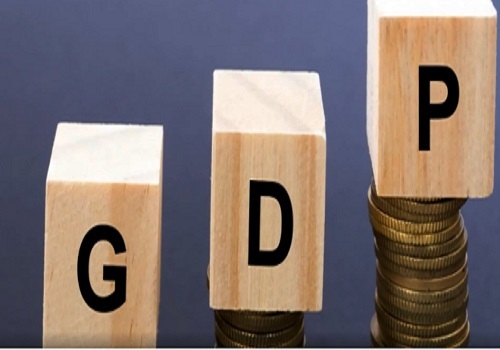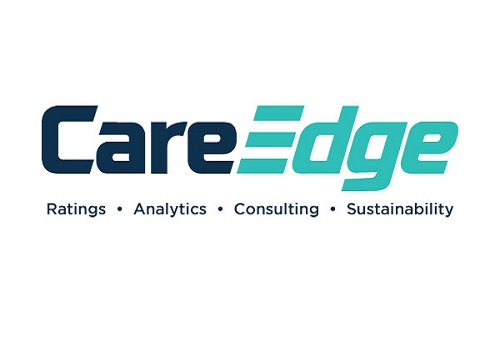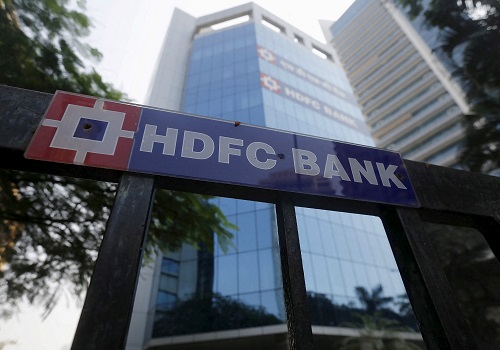Germany Faces Economic Challenges Amid Weak Growth Prospects by Amit Gupta, Kedia Advisory

Germany's economy is set to underperform the eurozone average until 2026, as per the European Commission’s Autumn Forecast. While the eurozone is projected to grow at 0.8% in 2024, Germany is expected to face a 0.1% GDP contraction due to weakened global demand and high uncertainty affecting consumption and investment. Inflation has eased significantly, reaching 2.4% in October 2024, compared to a peak of 11.6% in 2022. Growth is anticipated to recover modestly in 2025 and 2026, supported by rising real wages and private consumption. However, Germany’s growth rate will still lag behind the eurozone average, indicating prolonged economic challenges for the region’s largest economy.
Key Highlights
* Germany’s GDP is forecasted to contract by 0.1% in 2024.
* Eurozone’s GDP is projected to grow by 0.8% in 2024.
* Inflation in Germany eased to 2.4% in October 2024.
* Recovery expected in 2025-2026, driven by domestic demand.
* Germany’s growth to lag behind the eurozone average till 2026.
Germany’s economic performance continues to face significant headwinds, with the European Commission projecting a 0.1% contraction in GDP for 2024. This marks a downward revision from the earlier forecast of 0.1% growth. In contrast, the eurozone economy is expected to grow by 0.8%, highlighting Germany's relative underperformance. Inflation trends have improved, with harmonized inflation dropping to 2.4% in October 2024 from a high of 11.6% in 2022.
The contraction in Germany's GDP is attributed to declining global demand for industrial goods, which has hurt the country’s export-driven economy. High uncertainty continues to weigh on consumption and investment. However, the easing inflationary pressures and real wage increases are expected to gradually boost domestic demand in 2025 and 2026, contributing to modest growth rates of 0.7% in 2025 and 1.3% in 2026.
Germany’s economic struggles stand in stark contrast to the broader eurozone, where growth is anticipated to accelerate to 1.6% by 2026. Despite signs of recovery in private consumption and real household income, Germany remains the weakest performer among the G7 economies. The European Commission's forecasts underscore the need for structural reforms to address long-standing issues in Germany’s economic framework.
Finally
Germany’s economy faces prolonged challenges, with modest recovery driven by domestic demand. Structural reforms are essential to bridge the gap with the eurozone average.
Above views are of the author and not of the website kindly read disclaimer






















